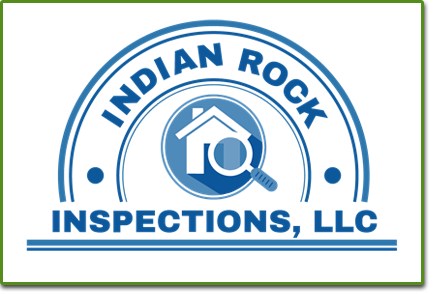 When you turn on the tap in your home, you likely expect clean, clear, and safe water. But what’s lurking beneath that clarity might surprise you. Just because your water looks fine doesn’t mean it’s free from contaminants—or even compliant with current health standards. That’s why regular water testing isn’t just a nice-to-have; it’s a must for every responsible homeowner.
When you turn on the tap in your home, you likely expect clean, clear, and safe water. But what’s lurking beneath that clarity might surprise you. Just because your water looks fine doesn’t mean it’s free from contaminants—or even compliant with current health standards. That’s why regular water testing isn’t just a nice-to-have; it’s a must for every responsible homeowner.
Water is a dynamic resource. It travels through miles of pipe, interacts with different materials, and is exposed to various environmental factors before it reaches your faucet. Even if your water was tested at some point in the past, conditions change. Aging infrastructure, nearby construction, shifts in groundwater composition, or even seasonal fluctuations can all impact water quality.
If your home relies on a private well, the responsibility for monitoring water safety lies solely with you. Unlike municipal supplies, which are regulated and tested routinely, well water isn’t subject to the same oversight. Contaminants such as nitrates, bacteria, heavy metals, and even pesticide runoff can quietly make their way into your water supply. Without testing, there’s no way to know until someone gets sick—or a home appliance breaks down prematurely due to mineral buildup.
Even homes connected to city water aren’t immune to risk. Lead can leach from older plumbing systems, and treatment facility issues may go unnoticed for days. You might notice subtle signs: water that smells faintly like chlorine, leaves residue on fixtures, or tastes slightly metallic. But more often than not, poor water quality flies under the radar until it becomes a health concern—or a costly repair.
Testing your water on a regular schedule, typically once a year, is a straightforward and affordable way to stay ahead of these problems. A professional test can reveal a range of issues, from pH imbalance to bacterial contamination, and help guide you in choosing the right filtration or treatment solution tailored to your home’s specific needs.
Beyond safety, there’s peace of mind. Knowing what’s in your water empowers you to make informed choices—not only for your health but also for the longevity of your plumbing, appliances, and fixtures.
Water testing might not be the most glamorous task on a homeowner’s to-do list, but it’s one of the most impactful. It’s a small investment with big returns, and one that pays off in the form of safer living and smarter home care. If you haven’t had your water tested recently, it may be time to ask: are you sure you know what’s in your glass?








